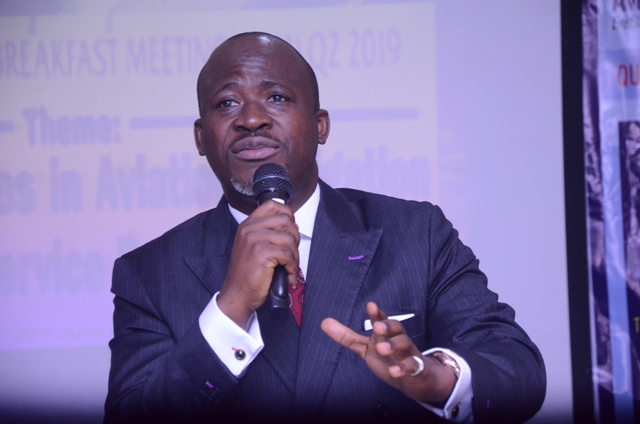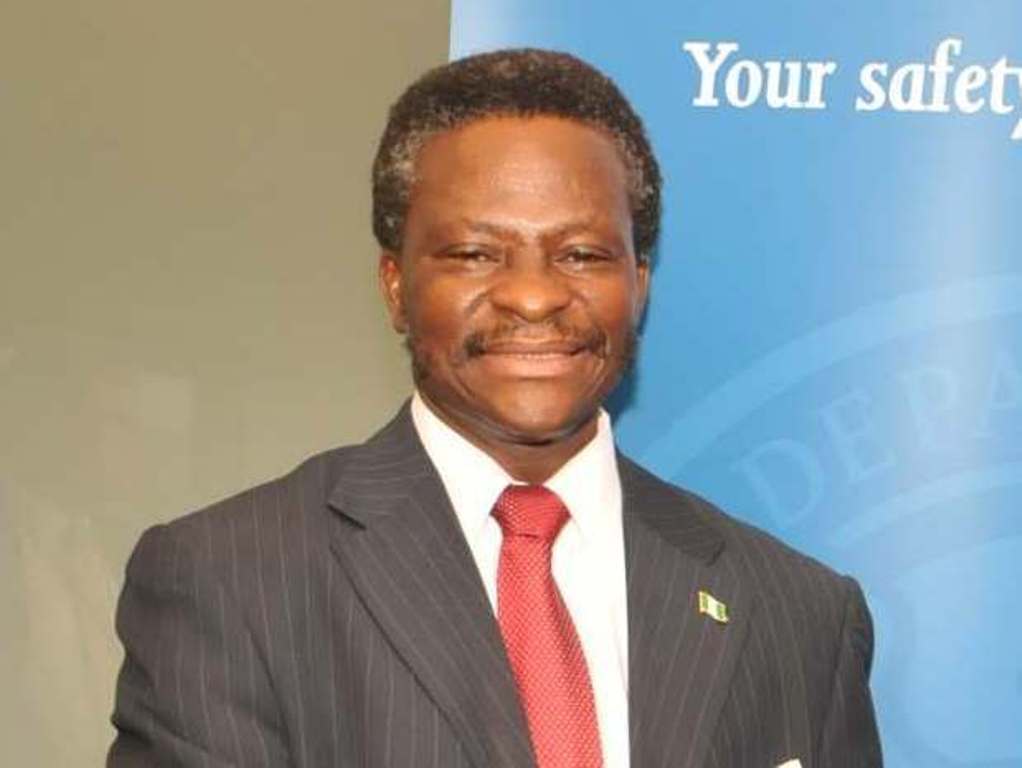UN’s Fly Net Zero by 2050 possible but cost-intensive, says Gulf Air’s CEO
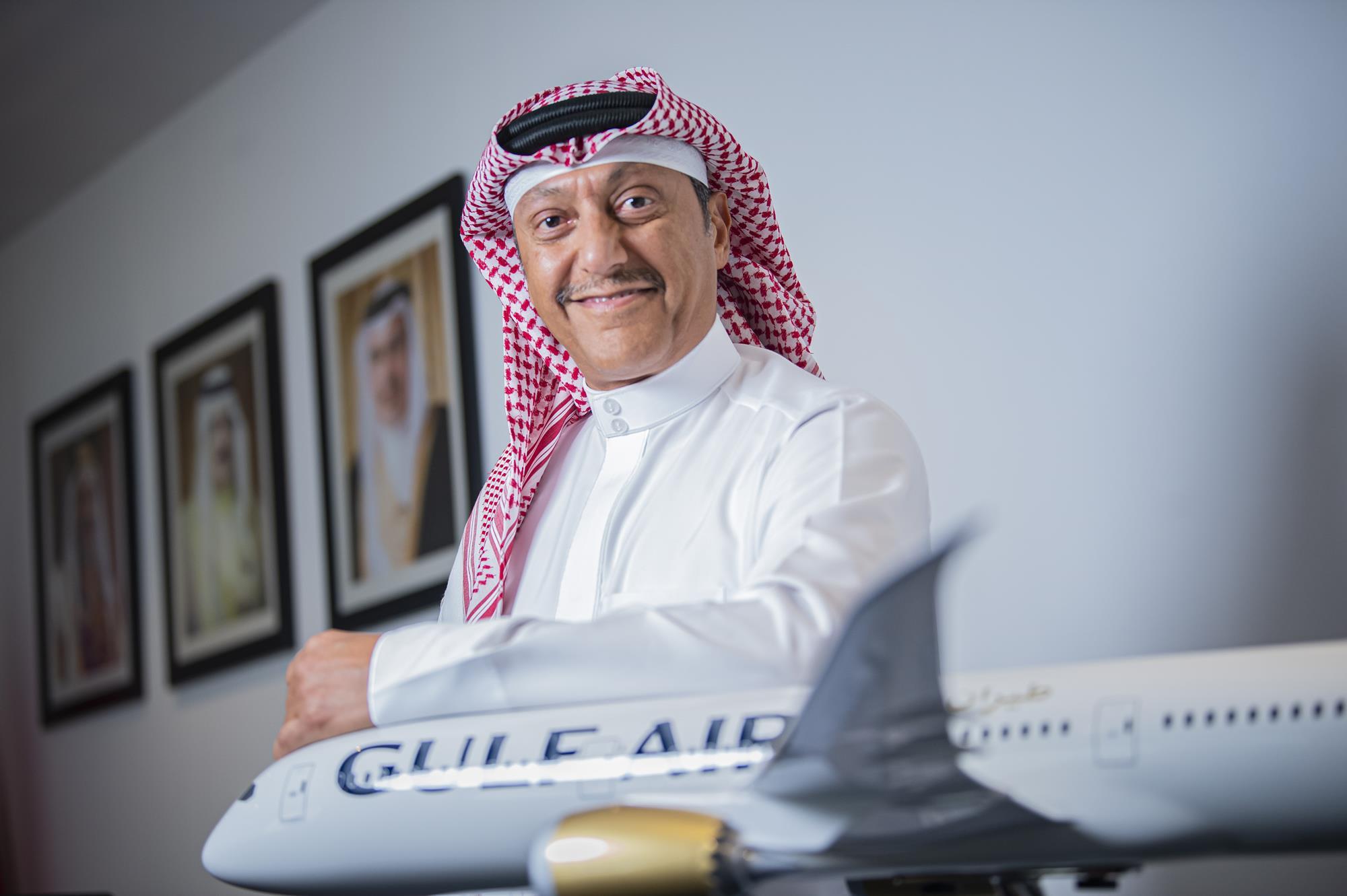
In this interview, Captain Waleed AbdulHameed Al Alawi, CEO, Gulf Air, believes that sustainability makes good business sense despite the higher costs.
How are you positioning the airline in the market?
Our strategy is not to compete on the ultra-long-haul flights that some of our neighbours are doing. Our strength is in the regional market. We have higher frequencies in the Gulf countries.
Of course, we do have the Boeing 787-9, which is capable of longer flights and Bahrain is positioned well to be a hub for east-west traffic, with a good airport. But we concentrate on connectivity and destinations that make sense for us and that serve Bahrain.
Are labour shortages affecting your airline?
Yes, they are having a significant effect, especially in Europe. They are affecting our on-time performance and they are creating issues in baggage handling. And it is not just a single flight to Europe affected. There are always connecting or return flights to consider, and this amplifies the problem.
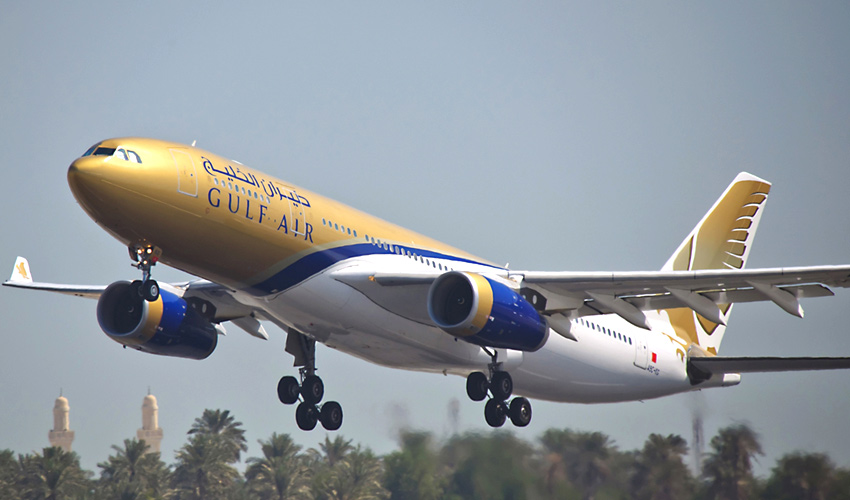
Unfortunately, I don’t see the issue going away quickly. When you think of the time it takes to recruit and train people to have the skills and safety mindset that aviation requires, it is clear that the situation will remain for some time.
Going forward, there are a lot of factors involved in staffing requirements from new technologies to traffic growth, and it is impossible to predict what will happen.
Diversity is another aspect of this. What is the airline doing in this regard?
We support diversity and IATA’s 25by2025 initiative. But this is not about employing women just to make up the numbers.
If they want to be a pilot, they need to attain all the necessary skills and qualifications for the job. And throughout aviation, there is a need to reach the right levels of safety understanding. Very specific skill sets are required in most aviation jobs. But the point is that the jobs are open to everybody. There is inclusivity in the opportunity.
At Gulf Air, some 40% of our staff are female. At our headquarters, there are several departments headed by women. They are empowered.
But all we are really concerned about is safety, efficiency, and performance. Your gender, race, or religion are not relevant in that sense. Can you do the job? And if you are doing a good job, you will be promoted as a natural part of your career progression.
Again, though, that requires inclusivity in the opportunity. Women must have equal access to promotions. At Gulf Air, we provide that access.
Does investing in sustainability initiatives make business sense?
Sustainability and business sense go hand-in-hand. We all live in this world and the world is suffering. Carbon emissions are causing temperatures to rise. Ultimately, the extreme weather events this causes will be a problem for aviation and for all businesses. It is a problem that we have to solve.
Sustainable Aviation Fuel (SAF) is effective when it is available. We have used SAF in Rolls-Royce engines on our Dreamliner 787-9 and when we have done SAF flybys for the Formula 1 Grand Prix events. But availability is the problem. I am not aware of any production facility in the Middle East so when we bought SAF, we bought it from Europe. That’s not logistically viable on a regular basis.
And, of course, it is also extremely expensive. SAF is 3–4 times the price of Jet A-1. Who is going to pay for that? As a business, it is not possible to absorb that cost in a competitive market. But it hard to pass on to the passenger for the same reason. But somebody has to pay. We have to solve that challenge quickly to create the demand that will improve SAF supply.
Still, we are supportive of the Fly Net Zero by 2050 goal, and we will do everything we can to reduce emissions because in the years to come it is emitting carbon that will make you uncompetitive. Emitting carbon will be expensive, hurt your brand, and reduce your customer base.
Governments and airports can help. Unnecessary taxation and charges add to an airline’s cost base and prevent an airline from fully exploring all sustainable initiatives. We are paying mega-bucks for policies and services that aren’t what they should be.
Are you confident that contactless travel will be a reality?
Biometric technology allows you to move quickly through the airport and all you need is your smartphone. It enables you to be recognized as you are throughout the journey. This is starting to be used but we are not there yet. Still, biometrics are available, they work, they are secure and efficient, and we will get there. I am confident about that.
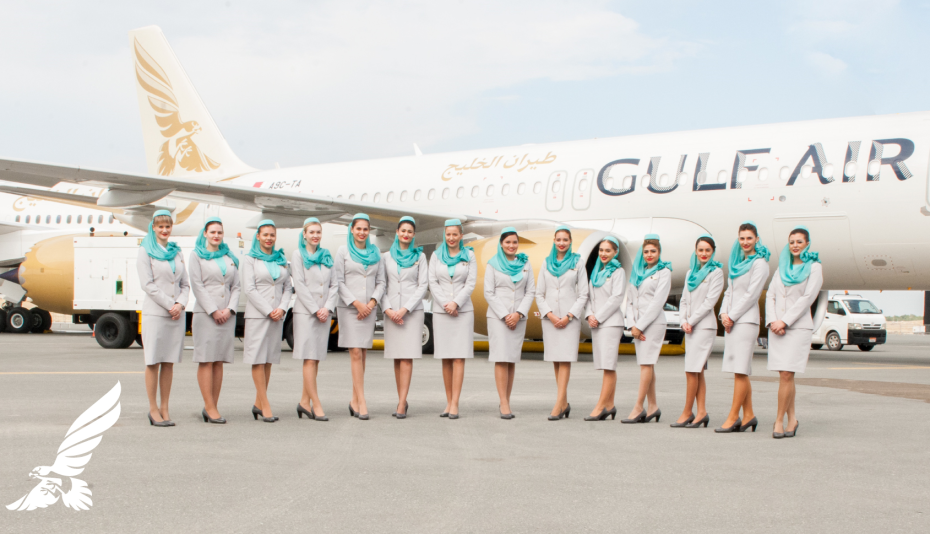
I’m more concerned with security checks, which are a necessary part of the travel experience but becoming a real issue for us. They can cause a lot of disruption and anxiety for passengers. It will be fantastic when a passenger can walk through the airport without the need for all these disruptive checks.
Bahrain Airport Company is leading the way in these areas. It is working on a project that will allow the passenger to go from off-airport check-in straight to the aircraft. And it already has the latest security technology that does not require passengers to divest clothing or gadgets. It is an established technology and works well. The reason we don’t see it very often is to do with regulations and mindset and not technology.
If you could change one thing about the industry, what would it be and why?
That depends on whom you are asking! As a pilot, I would say 100% safety. That has to be the aim. We are making improvements all the time—in engines, weather prediction, technology, and systems—and the industry record is excellent already. But there is always something we can improve—such as how we deal with birds or lightning strikes—and until that is no longer the case, safety must always be our top priority.
As a CEO of a business, I would have to say that I want to offer the customer a great product at a great price and so capture a bigger share of the market. That means a sustainable, seamless product. There is a long way to go, but it is achievable.
And speaking just as an airline person, I would like to see politicians help aviation achieve its climate goals. They can enable airlines to fly more direct routings tomorrow, for example, saving time, money, and emissions. There is no technical reason why we cannot fly great circle routes. It is so easy and would have an immediate impact on reducing emissions.
So, there is no short answer as there are so many things to be done for the industry to move forward.
Culled from airlines.iata.org


